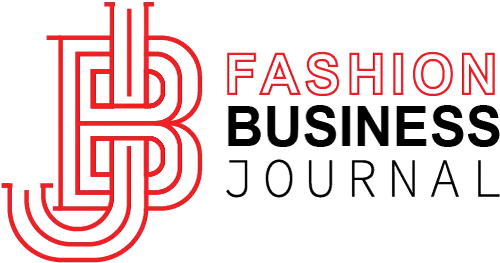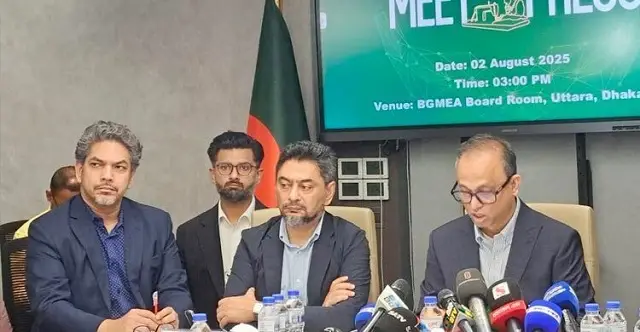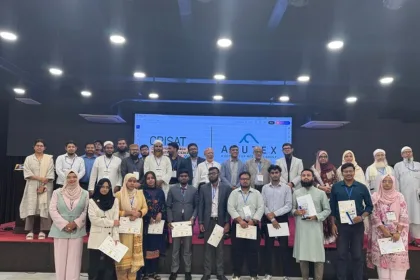In a move poised to reshape Bangladesh’s apparel trade with the United States, the Biden administration has confirmed that Bangladeshi garments containing at least 20 percent U.S.-sourced raw materials will be fully exempt from the newly imposed 20 percent countervailing duty.
The exemption, which becomes effective seven days after the July 31 signing of the Executive Order—on August 7—is being hailed as a critical opportunity by Bangladesh’s industry leaders, especially in the face of rising production costs and stiff regional competition.
“This is a turning point,” said Mahmud Hasan Khan, President of the Bangladesh Garment Manufacturers and Exporters Association (BGMEA), at a press briefing in Dhaka. “About 75% of our U.S.-bound exports are cotton-based garments. With this exemption, if we use just 20% American cotton or similar inputs, we can completely avoid the 20% countervailing duty. That’s a huge competitive advantage.”
From Trade Tension to Tactical Opportunity
The relief follows months of escalating trade tension. In early April, Washington shocked the global apparel industry by announcing what came to be dubbed the “Liberation Day Tariff”—a retaliatory tariff framework that initially slapped a 37 percent duty on Bangladeshi exports to the U.S. The move positioned Bangladesh behind other key sourcing nations: India (26 percent), Pakistan (30 percent), and Indonesia (32 percent).
Although Bangladesh eventually saw its duty reduced to 35 percent, the competitive disadvantage was substantial. Exporters scrambled as buyers hesitated, factories faced order cancellations, and price adjustments became nearly impossible.
However, after intense lobbying by the interim Bangladeshi government, the final terms—a 20 percent countervailing duty plus a conditional waiver—were secured just before the July 31 renegotiation deadline. Under the new framework, goods that incorporate at least 20 percent U.S.-origin inputs—like American cotton, yarn, or accessories—will be fully exempt from the countervailing portion of the tariff.
The exemption creates a powerful incentive for Bangladeshi suppliers to reconfigure their sourcing portfolios and strengthen partnerships with U.S. raw material providers. The U.S. accounts for nearly 20% of Bangladesh’s $47 billion export earnings, with 87% of U.S. imports from Bangladesh being ready-made garments (RMG).
“For any exporter, shifting to U.S.-origin cotton or accessories now directly translates into margin recovery,” said a Dhaka-based compliance manager for a leading knitwear exporter. “We’re already in talks with U.S. cotton traders to lock in volume-based deals.”
The move is also expected to bolster traceability and documentation systems, as exporters must now clearly demonstrate compliance with the 20 percent threshold to claim the duty benefit.
To fully benefit, Khan urged garment manufacturers to:
- Source more U.S.-origin cotton and inputs
- Upgrade supply chain traceability to prove U.S. input percentages
- Collaborate with U.S. suppliers and brands
- Use the tariff exemption as a marketing and pricing advantage
Not a Silver Bullet—But a Breather
Despite the positive turn, BGMEA President cautioned that the industry is far from out of the woods. The 20 percent flat duty still applies to non-compliant exports, and cost pressures—including logistics, energy, and compliance upgrades—remain high.
Khan called on the government to urgently support the sector by:
- Streamlining customs processes, particularly at Chattogram Port
- Ensuring uninterrupted gas and electricity supply to factories
- Reforming the National Board of Revenue (NBR) to reduce friction at the border
He also urged greater financing access for SMEs, many of which remain vulnerable to shocks from policy shifts and raw material shortages.
Positioning for the Future
Trade experts view the 20 percent rule as both a short-term tactical win and a long-term strategic opening.
“If Bangladesh can effectively reposition its sourcing network to align with U.S. interests, it stands to gain more than just a tariff break,” said a Washington-based apparel trade analyst. “This move will strengthen bilateral ties and potentially open doors for preferential agreements beyond garments.”
BGMEA is already working to help members adjust to the new sourcing requirement, with plans to launch technical guidance, webinars, and supplier matchmaking support in the coming weeks.
“We believe this is more than a waiver—it’s a catalyst,” Khan said. “It’s the start of a more resilient, globally integrated Bangladesh apparel industry.”

